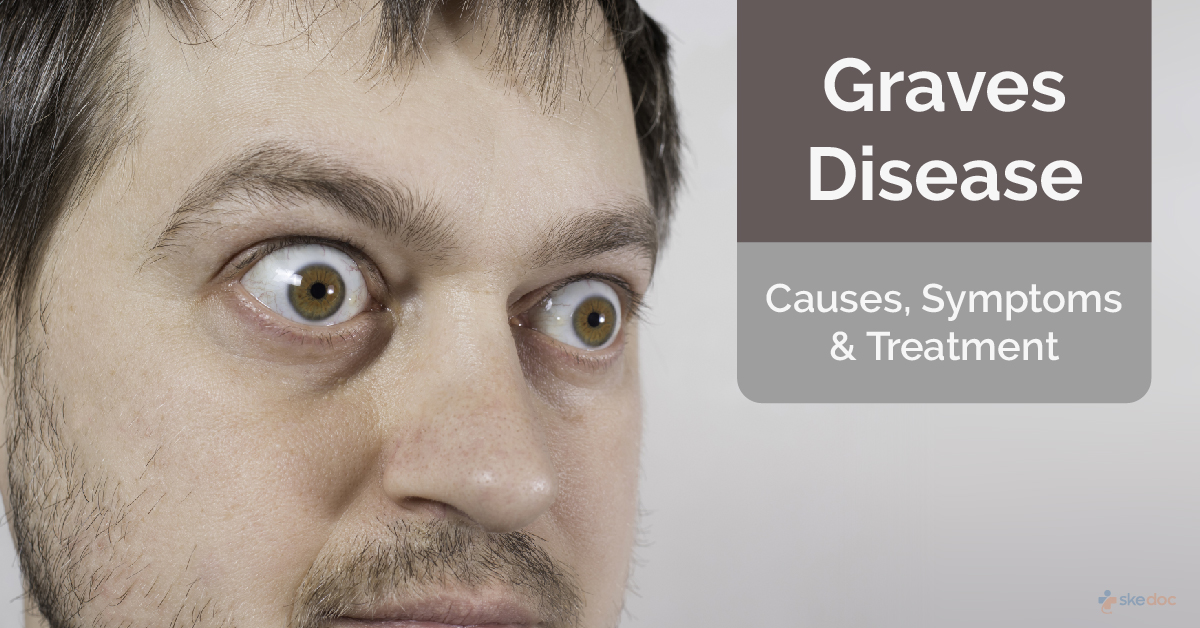
Dr. Abdul Mujeeb Mohammed, Endocrinologist
MBBS, MD, DM (Endocrinology)
Endocrinology and Diabetes SCE (UK)
Claimed Profile 
Specializations
Endocrinologist
Diabetologist
Thyroid Specialist
Expertises
- Endocrinology
Qualifications
- MBBS - Gandhi Medical College - 2010 - Hyderabad
 Verified
Verified - MD - Gandhi Medical College - 2016 - Hyderabad Verified
- DM - Endocrinology - Gandhi Medical College - 2022 - Hyderabad Verified
Experiences
- Resident - Endocrinologist Gandhi Hospital - Sep 2019 - Sep 2022
- Resident - Physician Gandhi Hospital - Aug 2013 - Aug 2016
- Assistant Professor - General Medicine Mamata Hospital and Medical College - Khammam - Apr 2017 - Aug 2019
- Consultant Endocrinologist Sri Abhaya Hospital - Balaji Nagar - Sep 2022 - Currently Working
Registrations
- 71516 Andhra Pradesh Medical Council 2012 Verified
Awards and Recognitions
- Second Prize in Quiz in ESICON - 2020
- Third Prize in Oral Paper Presentation in ESICON - 2021
Memberships
- Endocrine Society of India (ESI)
- The Association of Physicians of India (API)
Paper Presentations
- Clinical Profile and Echocardiographic Findings in Patients with Atrial Fibrillation IJSRP 6 (2), 44-47
- Sporadic Primary Hyperparathyroidism Mimicking Rickets in a Child a Diagnostic Challenge in AJEM
- Insulin Resistance and Inflammatory Markers in Patients with Pancreatic Diabetes Oral Paper Presentation in ESICON - 2020
- Utility of Inferior Thyroid Artery Blood Flow Velocities to Differentiate between Gestational Transient Thyrotoxicosis and Graves Disease in Pregnancy a Pilot Study Oral Presentation in ESICON - 2021
Report an error
Dr. Abdul Mujeeb Mohammed Practice Locations
![]()
11-3/76 , Abhaya Complex
Opp Jabilli Mother & Child Hospital
Balaji Nagar, Khammam
Get directions
Mon - Sat | 11:15 AM - 05:00 PM |
Fee : 300
Write a review for Dr. Abdul Mujeeb Mohammed
Articles from Dr. Abdul Mujeeb Mohammed
Graves Disease: Causes, Symptoms and Treatment
Graves' disease is an autoimmune disorder that causes hyperthyroidism, which is the overproduction of thyroid hormones. Some common signs an... Continue reading ➜
Frequently asked questions
What is Dr. Abdul Mujeeb Mohammed's specialty?
Dr. Abdul Mujeeb specializes in Endocrinology, Diabetology, and Thyroidology.
What are Dr. Abdul Mujeeb's qualifications?
Dr. Abdul Mujeeb's educational qualifications include MBBS, MD, and DM in Endocrinology.
What is Dr. Abdul Mujeeb Mohammed's consultation fee?
The consultation fee for Dr. Abdul Mujeeb Mohammed, an Endocrinologist, is Rs. 300/-.
What are the awards and recognitions that he has received?
Dr. Abdul Mujeeb won two awards at ESICON events. In 2020, he secured 2nd place in a quiz, showcasing his extensive knowledge. Then, in 2021, he earned 3rd place for presenting his research.
Why do patients visit Dr. Abdul Mujeeb Mohammed?
Patients typically seek Dr. Abdul Mujeeb Mohammed's expertise for various hormonal or gland-related issues. These may include diabetes, thyroid problems, bone health concerns like osteoporosis, disorders with glands such as the adrenal or pituitary glands, conditions like PCOS and metabolic syndrome, as well as issues with growth hormones, parathyroid, or reproductive hormones.
 Patient Reviews
Patient Reviews  Write review
Write review



